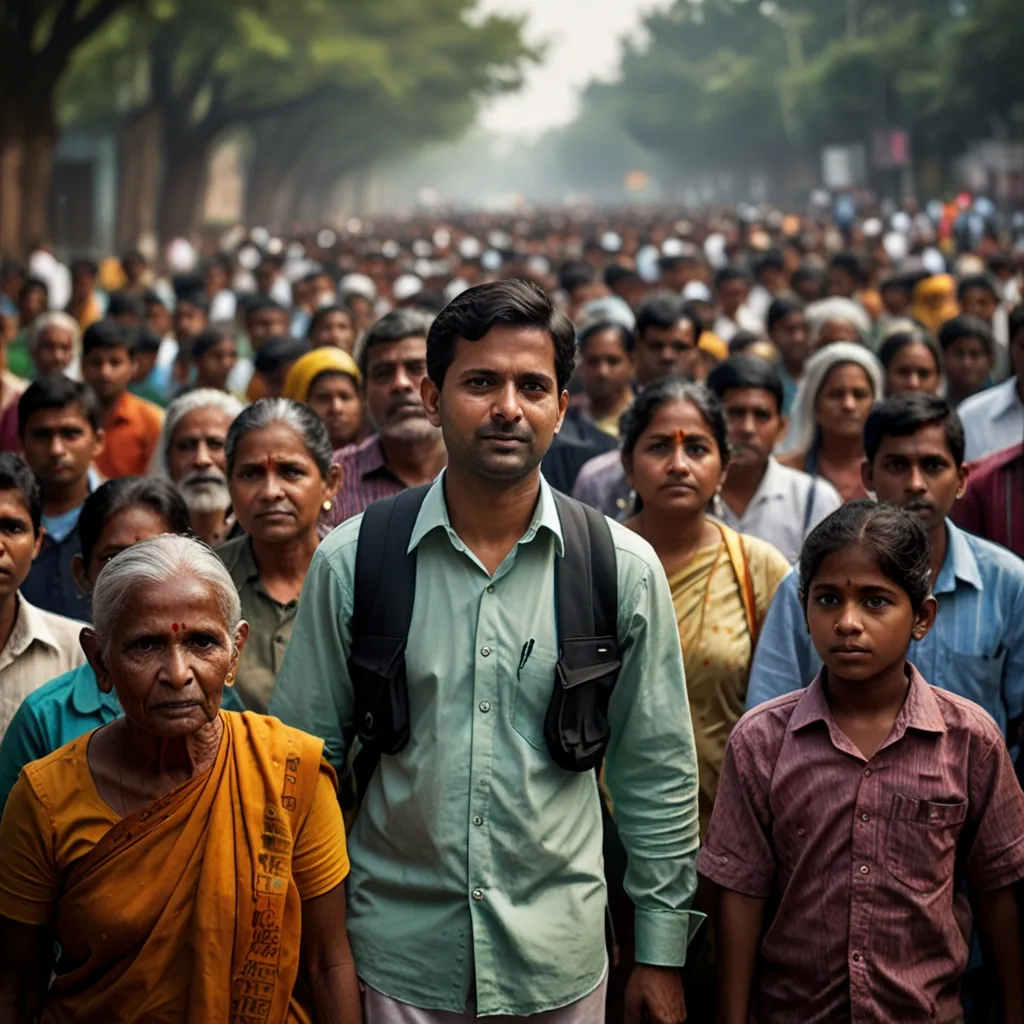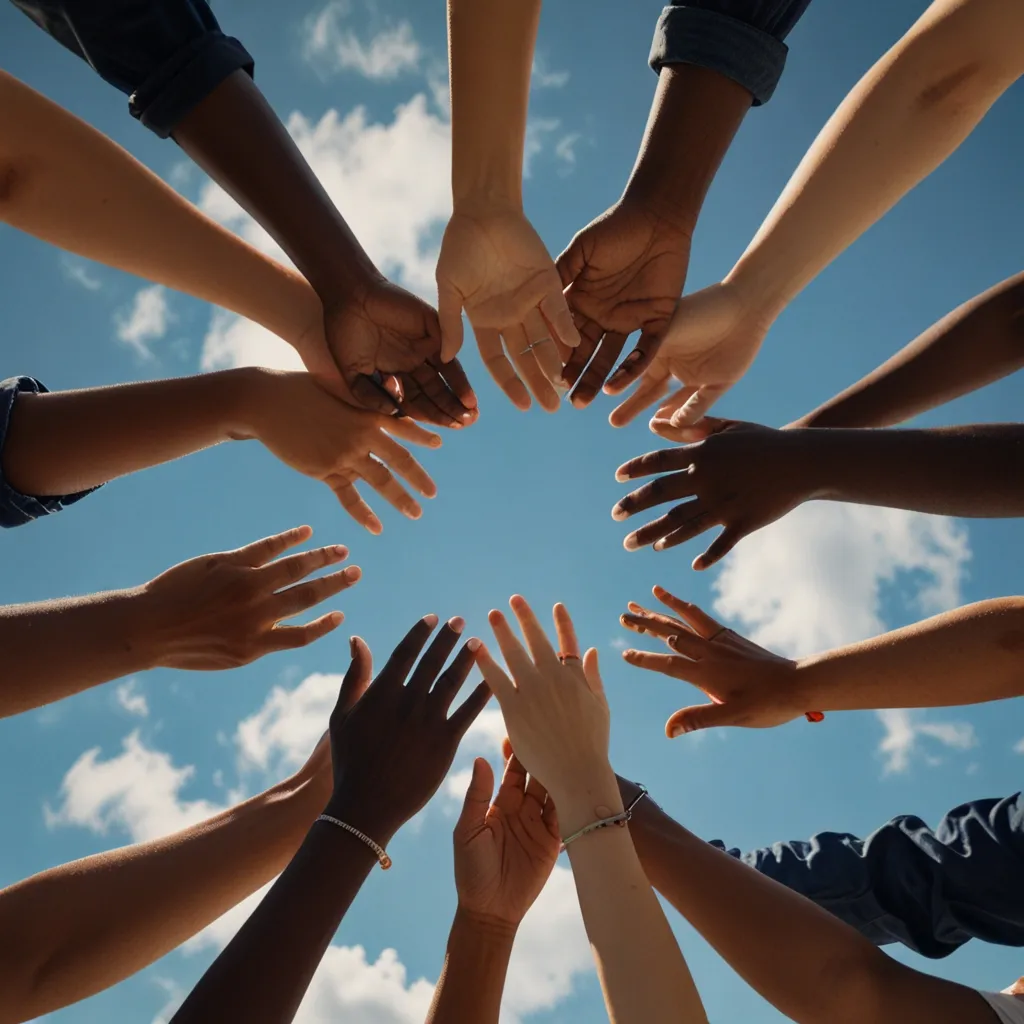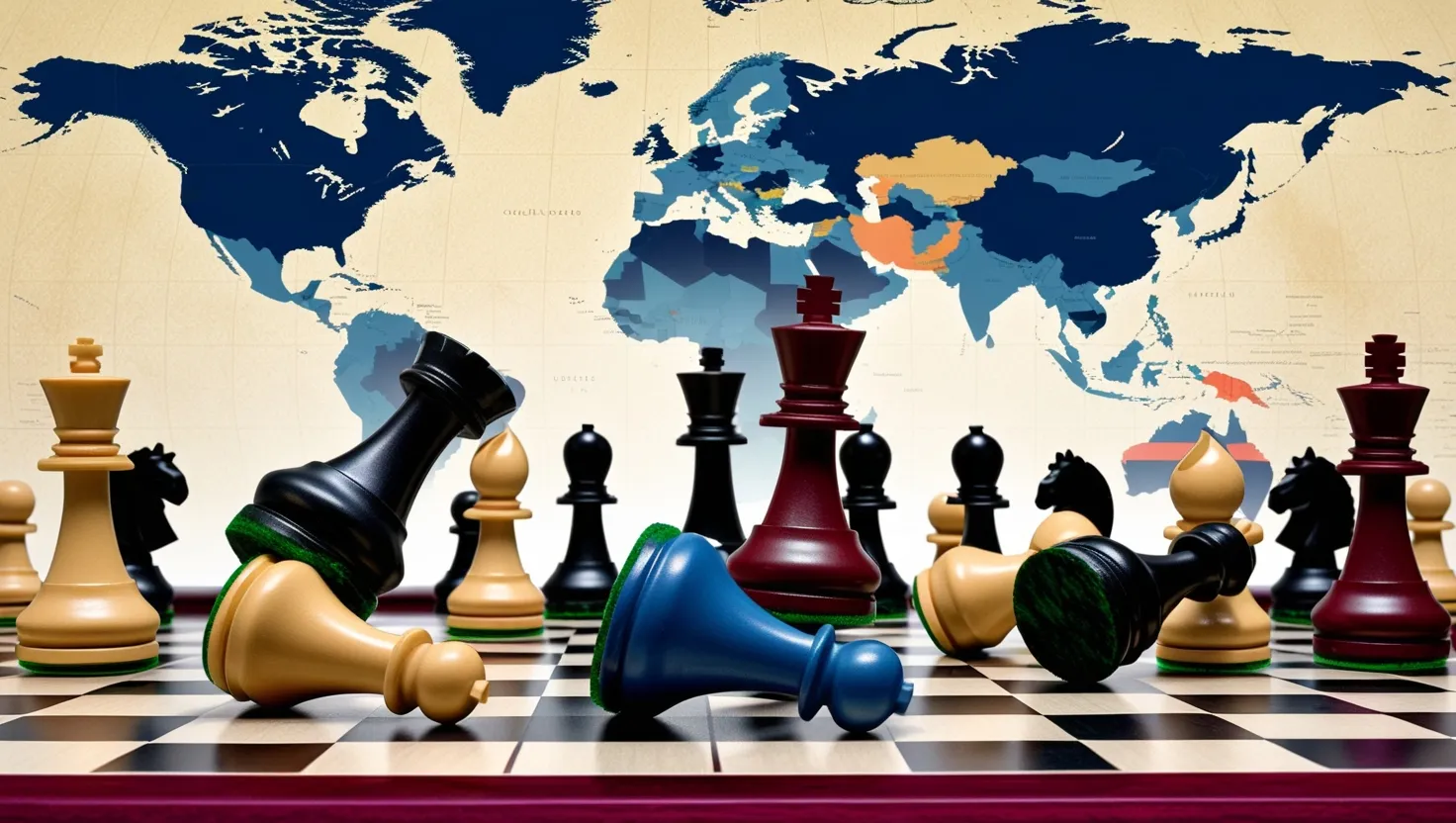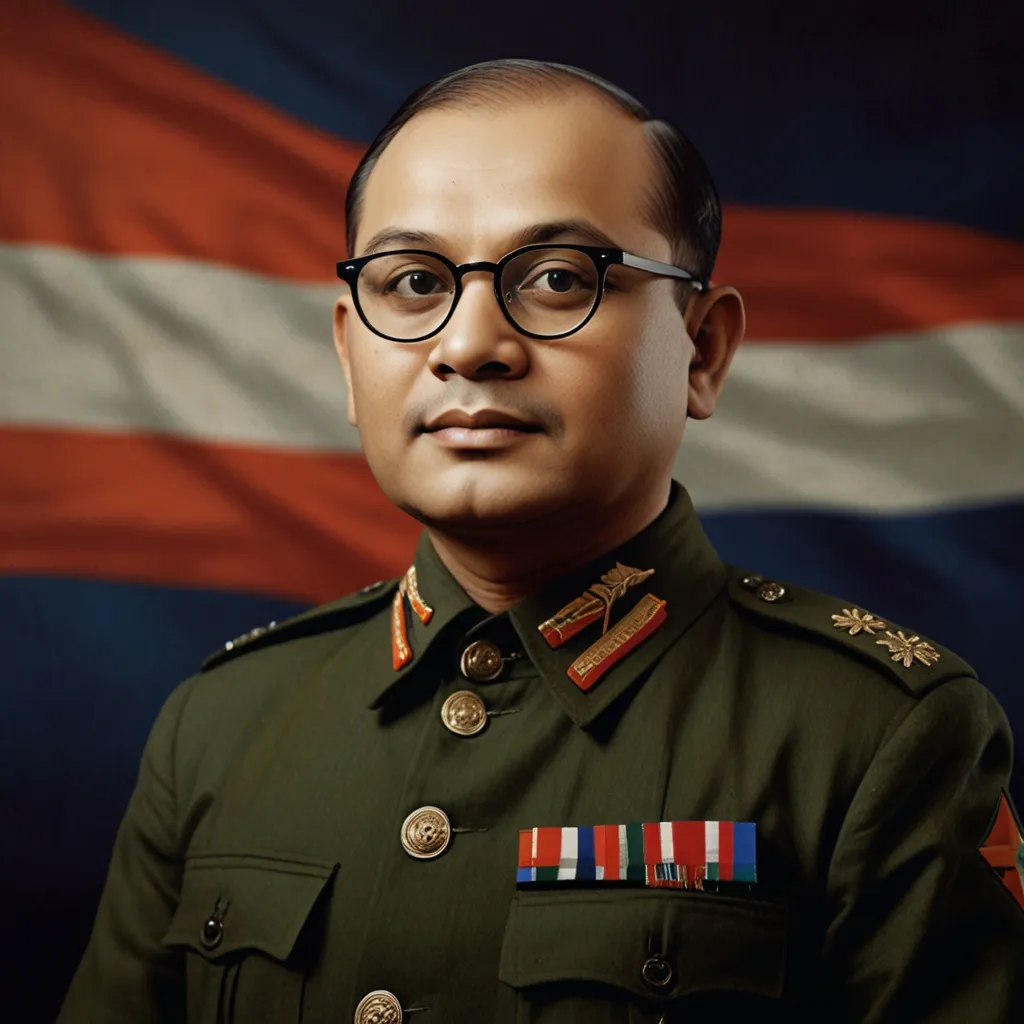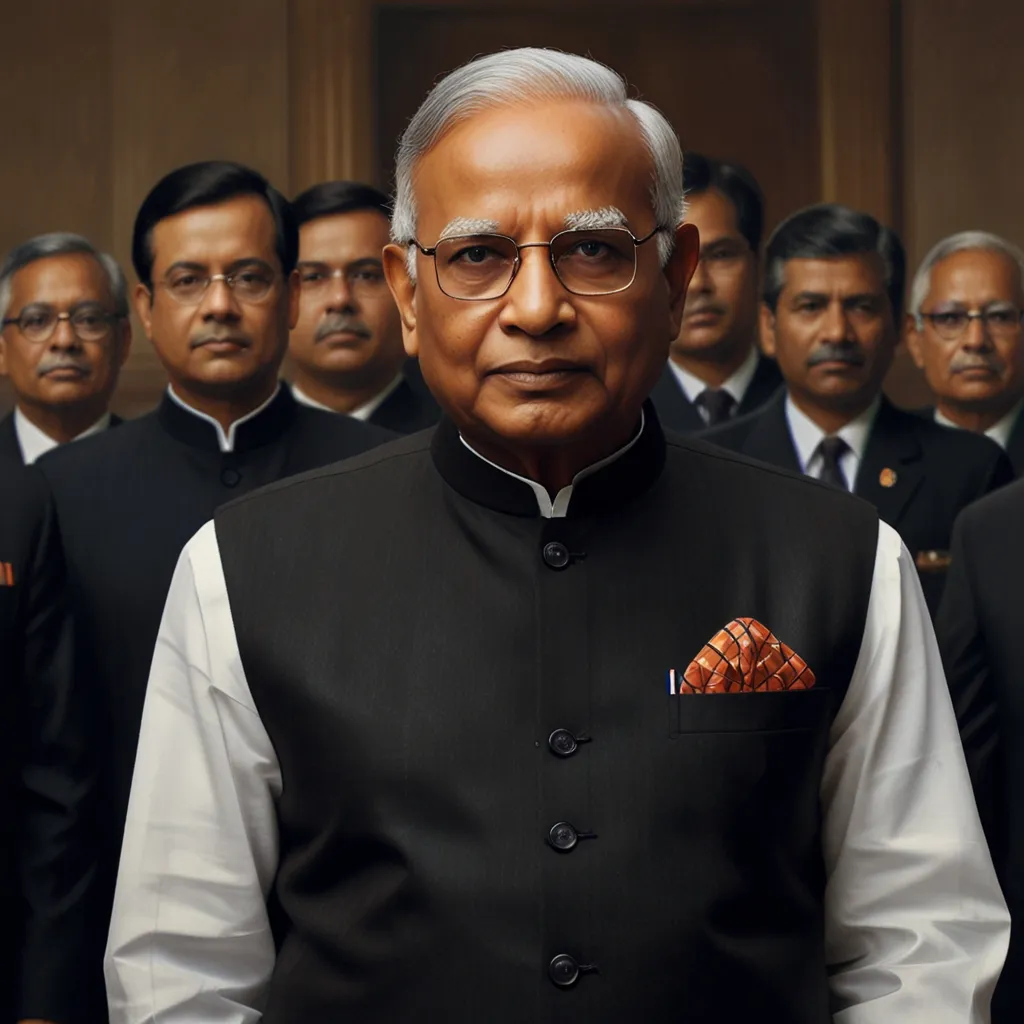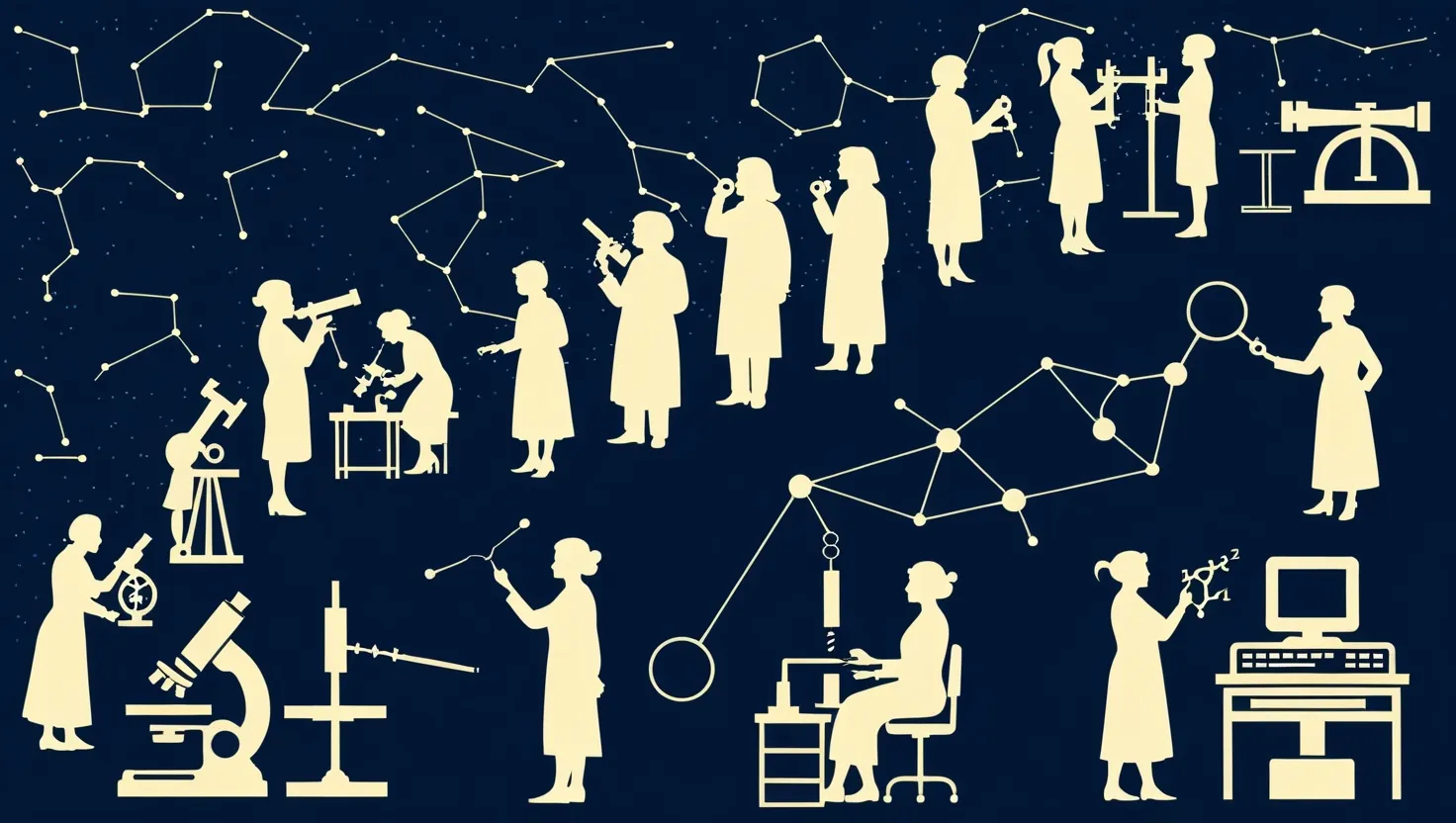Indian democracy is often celebrated as the world’s largest, but it’s not without its serious challenges. Since gaining independence in 1947, India has seen a vibrant democratic tradition, but lately, things have been getting shaky.
A big problem is political polarization. Narendra Modi’s election as Prime Minister in 2014 brought a surge in Hindu nationalism. His party, the BJP, has pushed policies criticized for undermining the opposition, muzzling free speech, and troubling religious minorities. This shift doesn’t just threaten India’s stability but could also affect the global balance.
India’s political structure borrows from the British Westminster system. It includes a president, a prime minister-led executive, a bicameral legislature, and a supreme judiciary. The Lok Sabha, India’s lower house, has 543 members elected every five years. But politics in India gets tricky with the caste system still in play. Caste remains a potent force, with political parties courting voters based on caste affiliations, despite constitutional bans on discrimination.
Secularism is another key feature but remains complicated. The constitution ensures freedoms and prohibits religious persecution, yet religion heavily influences politics. Politicians frequently seek votes along religious lines. Under Modi, Hindu nationalists have pushed for India to be seen as a Hindu nation more than ever before.
Economically, India faces hefty challenges. Even as a fast-growing economy, sustainable development and eradicating extreme poverty remain elusive. The wealth gap between urban elites and rural poor is striking. This disparity fuels disillusionment among the poor, often exacerbated by populist rhetoric targeting religious minorities like Muslims and Dalits.
Equally troubling is the rise of fanaticism and fascist ideologies. India’s foundation of nonviolence is seeing strains as aggressive and divisive politics come to the fore, leading to communal violence and rising religious tensions.
The media, vital for any democracy, is under intense pressure. Political influence over the media and suppression of dissent is rampant. This restricts the flow of unbiased information, crucial for a healthy democratic process.
Additionally, NGOs and civil society groups are facing significant restrictions. These groups are essential for advocating human rights and social justice, but government harassment limits their ability to hold authorities accountable and uphold democratic values.
Despite these major issues, hope persists in pockets of resistance. Civil society movements and political opposition are fighting to keep democratic values alive. These actions show that while Indian democracy is under strain, there’s potential for recovery and renewal.
In the end, Indian democracy is tussling with a mix of challenges that threaten its core. From political polarization and economic inequality to religious strife, media suppression, and the stifling of civil society, there’s a lot to address. Yet, the resilience of democratic institutions and ongoing efforts from civil society shine a light on a hopeful future.
